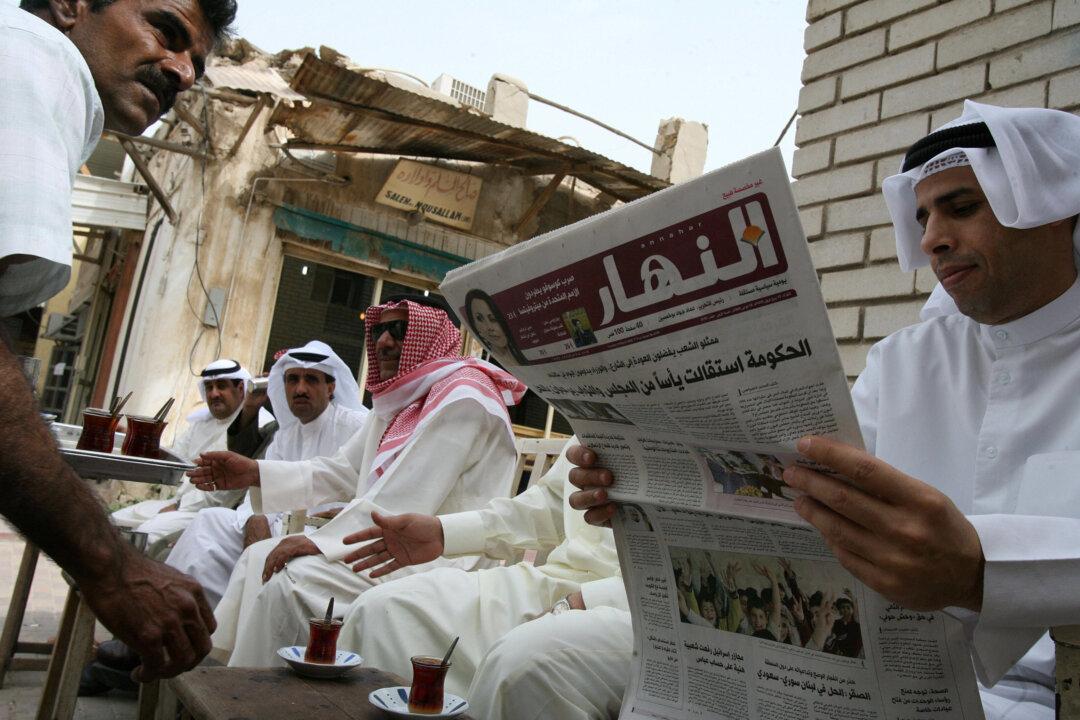Press freedom advocates have criticized a media law drafted by Kuwait lawmakers earlier this month that would include up to $1 million in fines for insulting the country’s top officials.
The prime minister and information minister met with local news industry leaders in Kuwait Wednesday night, expressing a willingness to negotiate on the law before it proceeds to the National Assembly.
Prime Minister Jaber Al Mubarak Al Sabah is quoted by the Kuwait Times: “We are exchanging views with the media so as to reach a working formula that does not compromise the freedom of the press or its mission. If you [media] reject the proposal, then it will be kept in the drawers.”
The Committee to Protect Journalists (CPJ) highlighted some of the rules and penalties listed in the draft in an April 8 article (the draft is published in full on the website of local media outlet Al Qabas.
“Insulting the emir would result in a fine between 50,000 [$175,000] and 300,000 dinar [$1 million]. The same fine would apply for insulting the Crown Prince, an offense not prohibited by the current media laws,” writes Jason Stern, CPJ Middle East and North Africa Research Associate.
Currently, the highest fine for media violations is about $70,000 (20,000 dinar).
The list of offenses continues: “Insulting the constitution, the flag, or the flag of any Gulf country; harming public morals; inciting crimes; harming Kuwaiti relations with other governments; and slandering the private life of public servants could all result in fines up to 100,000 dinar [$350,000].”
All prison sentences for media law violations under the current law would be replaced by fines under the draft law—“except for those accused of offending Allah,” said Minister of Information and Minister of State for Youth Affairs Sheikh Salman Sabah Al-Sabah, according to an April 8 report by the state-run Kuwait News Agency.
The new draft law assigns a potential penalty of 10 years imprisonment for publishing content considered religiously offensive.
The prime minister told news industry leaders Wednesday, according to the Kuwait Times: “Even though we get displeased sometimes with some of the publications, it does not mean that we will close the media. … Why can’t we be realistic and sit down and discuss those problems?”





